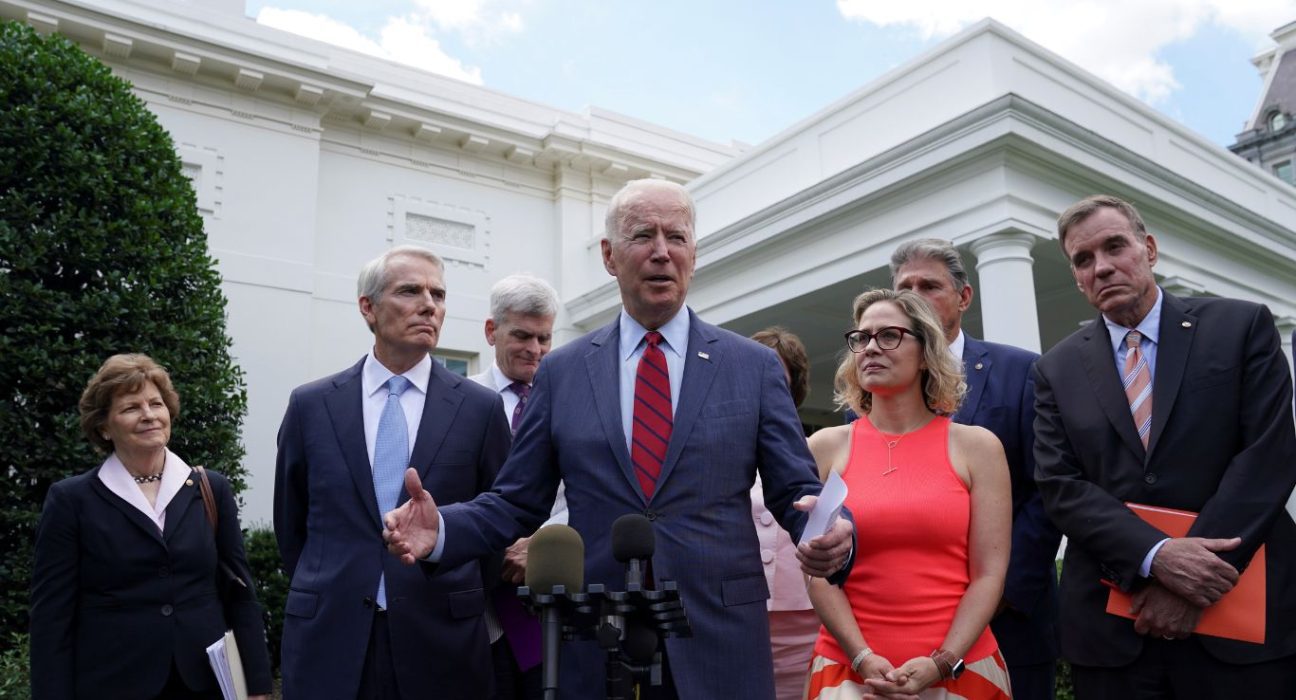Introduction
In a significant move for the U.S. economy, President Biden addressed the nation from the Oval Office, focusing on the bipartisan debt ceiling deal. This address marked an important milestone in resolving the ongoing issue of the debt ceiling. In this article, we will delve into the details of the deal, analyze its implications, and discuss its significance for the U.S. economy.
The Oval Office Address: Biden Highlights Bipartisan Debt Ceiling Deal
President Biden’s Oval Office address centered on the bipartisan agreement reached regarding the debt ceiling. This deal, a result of collaboration between Democrats and Republicans, aims to avoid a potential default on U.S. government debt and ensure the stability of the country’s financial system.
Understanding the Debt Ceiling and Its Importance
The debt ceiling is a statutory limit set by Congress on the amount of debt that the U.S. government can incur to meet its financial obligations. When the debt approaches or reaches this limit, Congress must pass legislation to raise or suspend the ceiling to prevent default.
Implications of the Bipartisan Agreement
The bipartisan debt ceiling deal has far-reaching implications for the U.S. economy. First and foremost, it provides a temporary resolution to the immediate risk of default, ensuring that the government can continue to meet its financial obligations. This stability is crucial for maintaining investor confidence, both domestically and internationally.
Avoiding Economic Consequences
A failure to raise or suspend the debt ceiling could have severe economic consequences. It could lead to a downgrade of the U.S. government’s credit rating, resulting in higher borrowing costs for the government and potentially affecting interest rates for businesses and consumers. It could also disrupt financial markets and undermine investor confidence, causing uncertainty and volatility.
Bipartisanship and Political Cooperation
The bipartisan nature of the debt ceiling deal is noteworthy, as it demonstrates a willingness among Democrats and Republicans to work together for the greater good of the country. This cooperation signals a departure from the recent political divisions and gridlock, presenting a positive outlook for future bipartisan agreements on critical economic issues.
Impact on the U.S. Economy
The resolution of the debt ceiling issue provides stability and certainty for the U.S. economy. It allows the government to continue funding essential programs and services without disruptions. Additionally, it helps maintain the United States’ standing as a reliable borrower in global financial markets, which is crucial for attracting investment and supporting economic growth.
Addressing Long-Term Fiscal Challenges
While the debt ceiling deal addresses the immediate risk of default, it does not solve the underlying long-term fiscal challenges facing the United States. The national debt continues to grow, and structural reforms may be necessary to address the sustainability of the country’s finances in the long run. However, the agreement represents a step forward in addressing the immediate crisis and creating a conducive environment for future discussions on fiscal responsibility.
Market and Investor Response
The bipartisan debt ceiling deal has already garnered positive reactions from financial markets and investors. The avoidance of a potential default and the display of political cooperation have instilled confidence in the stability of the U.S. economy. This positive sentiment may translate into increased investment and a more favorable environment for businesses and consumers.
Looking Ahead
The bipartisan debt ceiling deal marks an important achievement in addressing the immediate risk of default and ensuring the stability of the U.S. financial system. It showcases the potential for political cooperation and bipartisanship, setting a positive tone for future economic negotiations. However, the long-term fiscal challenges still require attention and comprehensive solutions.
Conclusion
President Biden’s Oval Office address highlighting the bipartisan debt ceiling deal demonstrates the government’s commitment to avoiding a potential default and preserving the stability of the U.S. economy. The agreement carries significant implications, ensuring investor confidence, promoting bipartisanship, and providing stability for the financial markets. While the deal addresses the immediate crisis, it also highlights the need for further discussions on long-term fiscal challenges. Overall, the debt ceiling agreement represents a positive step forward and sets the stage for continued economic progress.










